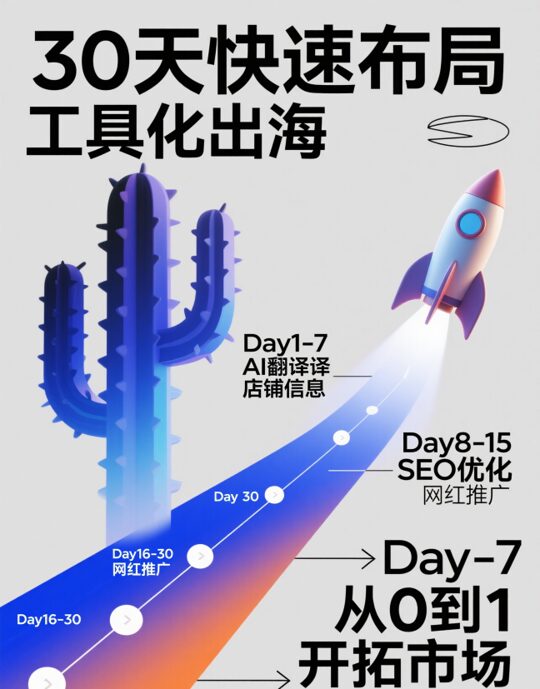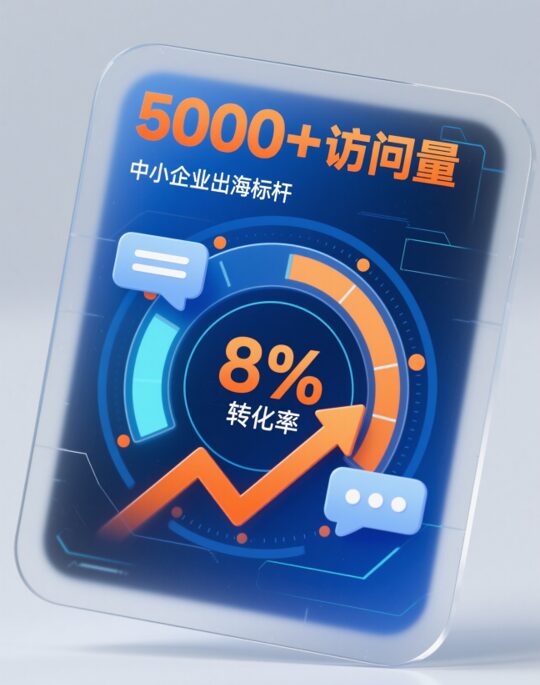On August 18, 2025, TikTok Shop officially opened its Mexico marketplace to Chinese cross-border sellers under the Platform-Operated Partnership (POP) model. This move unlocks access for small and medium-sized enterprises (SMEs) to Latin America's second-largest e-commerce market—a $38 billion blue-ocean opportunity. For SMEs lacking overseas operational experience, the key to establishing a foothold in this promising market lies in overcoming two core challenges: localized operations and efficient traffic acquisition.

Opportunities and Challenges in the Mexican Market
Mexico's e-commerce market is experiencing explosive growth, with sales during the 2024 Hot Sale promotion reaching $1.9 billion (a 15.3% YoY increase), attracting over half of the country's internet users and averaging $123 per capita spending. TikTok Shop's newly launched POP model offers three compelling advantages:
Low entry barrier: Only a mainland China or Hong Kong business license (registered for at least 14 days) is required.
Preferential policies: 0% commission for the first 90 days, with up to 5,000 PV traffic exposure for new products.
Multi-store operation: A single entity can operate up to 5 stores, significantly exceeding limits in other markets.
However, SMEs also face notable challenges:
Localization barriers: Product information must be accurately translated into Spanish while aligning with cultural nuances.
Fragmented traffic channels: Simultaneous management of TikTok Shop, independent websites, and social media accounts is required.
High compliance costs: Local warehousing requirements, RFC tax registration, and other regulations increase operational burdens.

The Solution for SMEs: Tool-Driven Globalization
To address these challenges, tool-driven globalization has become essential. Take LnRu’s Viking Global Expansion Platform as an example—its AI-powered end-to-end solution tackles three key pain points:
1. AI-Powered Translation to Break Language Barriers
LnRu’s industry-specific AI translation model outperforms traditional machine translation by incorporating Mexican cultural context and e-commerce terminology. For instance:
Automatically adapts product USPs to local consumer preferences.
Optimizes SEO keywords in Spanish to improve search rankings.
Batch-translates product listings across multiple stores, boosting efficiency by 70%.
2. Multi-Channel Traffic Integration for Enhanced Exposure
The platform consolidates resources from global search engines and social media:
Smart channel matching: Recommends optimal promotion channels based on product categories (e.g., fashion items paired with local influencer networks).
One-click global sharing: Syncs multilingual content to Facebook, Twitter, LinkedIn, and more.
Real-time analytics dashboard: Monitors cross-channel traffic performance to refine strategies.
3. End-to-End Automation to Reduce Operational Costs
LnRu’s automation features minimize manual intervention:
Smart time-zone management: Auto-adjusts to Mexico’s time zone and displays live customer service status.
Instant inquiry response: Customer queries are forwarded to bound emails within 5 minutes, increasing conversion rates by 40%.
Compliance template library: Pre-built templates for Mexican tax and logistics regulations reduce professional consulting fees.
Case Study:
A Guangzhou-based 3C accessories seller established a presence in Mexico within 30 days:
Day 1-7: Used AI-generated multilingual business profiles to create Spanish store descriptions, synced to TikTok Shop and an independent website.
Day 8-15: Leveraged smart SEO tools to optimize 50 core product keywords, covering trending categories like "wireless earbuds" and "phone stands."
Day 16-30: Deployed global social sharing to promote product videos via Mexican tech influencers, generating 100,000+ impressions.
Results: Store visits surpassed 5,000 within 30 days, with an inquiry conversion rate of 8%, far exceeding industry averages.

Conclusion: Seizing the Emerging Market Window
TikTok Shop’s Mexico launch offers SMEs a time-sensitive opportunity. Before competition intensifies, leveraging platforms like LnRu to achieve localized operations and efficient traffic acquisition will be pivotal in capturing this $38 billion market. For resource-constrained SMEs, adopting automated tools for "one-click globalization" is more effective than juggling multiple platforms—allowing them to focus on product innovation and customer service while leaving specialized tasks to experts.
